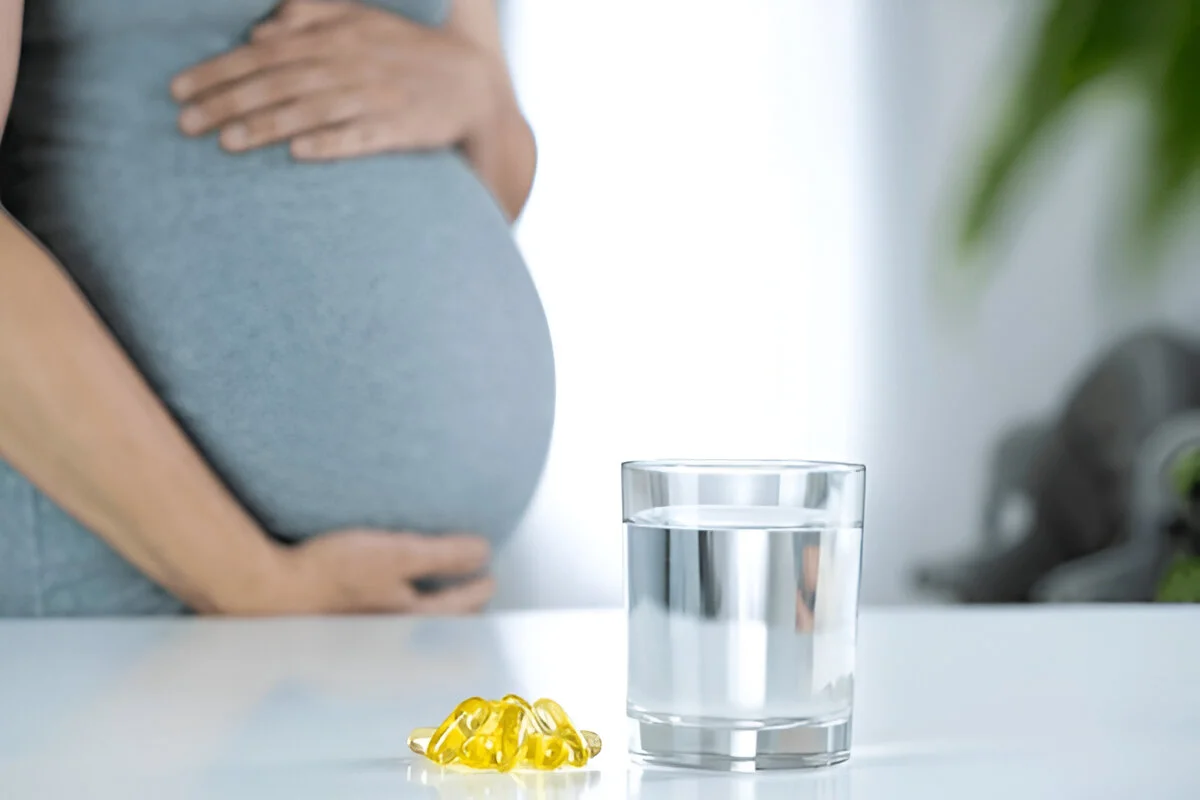-
Ganesh Talkies, Kolkata
Ganesh Talkies, Kolkata

The role of Vitamin D in pregnancy is vital for both mother and baby health. A reputed gynecologist can guide you in maintaining healthy levels and preventing complications for a safe journey.
Vitamin D is often called the “sunshine vitamin,” but its importance goes far beyond bone health. For women during pregnancy, Vitamin D plays a crucial role in ensuring both maternal wellbeing and healthy fetal development.
In India, studies show that a significant percentage of women of reproductive age are deficient in Vitamin D. This makes understanding its impact even more essential, especially for those planning or experiencing pregnancy.
This article explores the role of Vitamin D in pregnancy, its benefits, potential risks of deficiency, and practical ways to maintain optimal levels for a safe and healthy journey to motherhood.

Vitamin D functions like a hormone in the body, regulating calcium and phosphate levels critical for developing strong bones and teeth. For pregnant women, it also influences other vital systems such as immunity, mood regulation, and even glucose metabolism.
Even in sunny countries like India, Vitamin D deficiency is surprisingly common. Here’s why:
A consultation with an expert gynecologist can help identify and address these deficiencies early on.

Vitamin D’s influence extends to multiple aspects of maternal and fetal health.
This serious condition involves high blood pressure and damage to organs. Research suggests adequate Vitamin D levels may lower the risk of preeclampsia.
Vitamin D supports insulin function, reducing the likelihood of pregnancy-induced diabetes.
Deficiency is linked to low birth weight and increased risk of preterm delivery.
Here are practical steps for expectant mothers:
The role of Vitamin D is not limited to bones; it’s an integral part of pregnancy health. From supporting immunity to preventing complications, this nutrient ensures both mother and baby thrive.
Neglecting it, on the other hand, can have lasting repercussions for both. That’s why regular checkups with a qualified gynecologist are essential.

1. Why do I need Vitamin D during pregnancy?
It helps with calcium absorption for fetal bone development and supports maternal immunity.
2. Can I get enough Vitamin D from sunlight alone?
In many cases, sunlight isn’t enough due to lifestyle and environmental factors. Supplements may be required.
3. What are the signs of Vitamin D deficiency?
Fatigue, muscle weakness, bone pain, and frequent infections can be symptoms.
4. Is too much Vitamin D harmful during pregnancy?
Yes. Excess intake can cause toxicity. Always consult your doctor before taking supplements.
5. When should I test my Vitamin D levels?
Ideally, during preconception planning or in the first trimester of pregnancy.
Vitamin D is a cornerstone of pregnancy health, supporting everything from your baby’s developing bones to your own immune system. Addressing its importance early can make a significant difference in ensuring a smooth and safe pregnancy.
Take charge of your health today—because a well-informed mother builds the foundation for a healthier future generation.